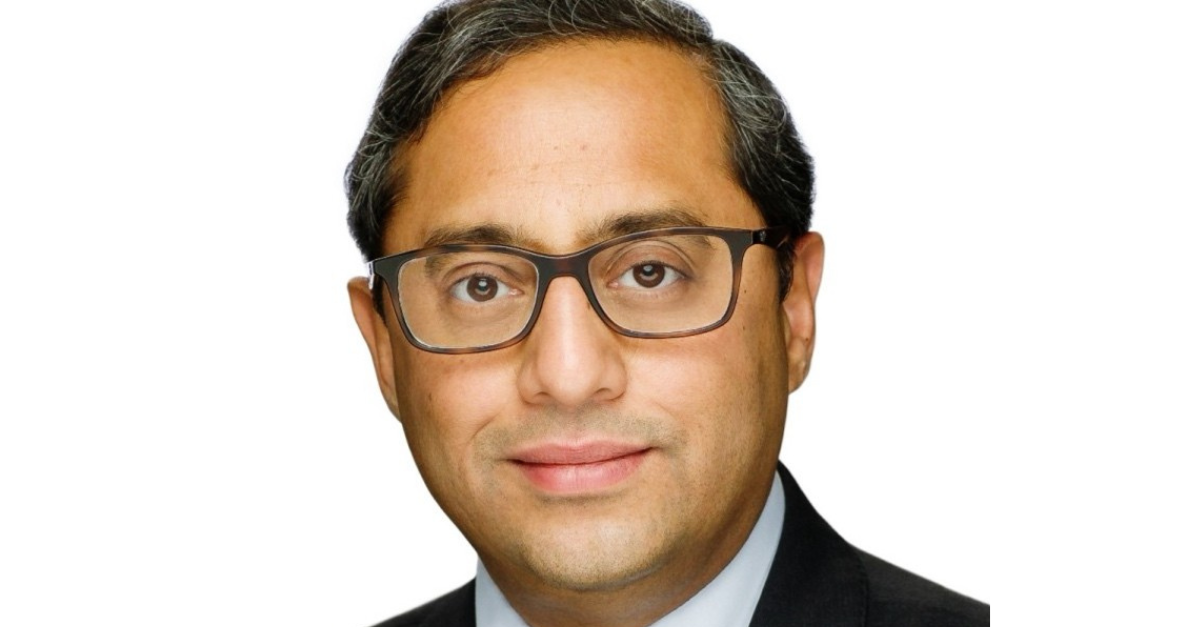Omada Health is joining forces with CVS Health’s Caremark as part of the pharmacy benefit manager’s weight management program.
This marks Omada’s second partnership with a major PBM, following its team-up with Cigna’s Express Scripts within its EncircleRx initiative.
Omada offers an enhanced care track program for GLP-1 drugs that seeks to make it easier for employers to cover and provide these medications. The offering pairs GLP-1 medications with clinical oversight and lifestyle change to drive weight loss and better manage obesity and its related conditions.
Members can connect with guided exercise plans, behavioral health supports, nutrition coaching and other educational materials. Omada’s clinical team is also trained on the effective use of GLP-1s and ways that patients can mitigate the side effects.
Wei-Li Shao, president of Omada, told Fierce Healthcare that given the interest in these drugs, there’s been significant concern from employers and other plan sponsors about coverage. That highlighted the clear need in the market for a solution like this.
Shao said the enhanced care track builds on Omada’s experience in the musculoskeletal space to assist patients with healthy movement and building muscle. He said the team is also developing further around nutrition and food.
“We all know that GLP-1s are kind of the topic du jour for everybody right now, not only in society but, most importantly, with PBMs and employers,” he said.
The work with Caremark grows from the foundation of the previous iteration of the care track that was launched with ESI. Shao said they’ve seen increases in weight loss, and signals that patients are generally maintaining those losses four months out.
And the program is resonating, as Omada has managed 50,000 individuals though its GLP-1 care track and has inked relationships with more than 200 clients.
Omada has put its bets on PBMs as they’re well-positioned to offer interventions given the role they already play in managing drug costs and tracking utilization, Shao said.
“They’re in a prime position to provide companion lifestyle intervention, which overwhelmingly all employers, all clinicians, believe that this is a necessity,” he said. “If you’re going to be on a GLP-1, you need support.”
Looking to the future, Shao said it’s likely that the Omada team’s GLP-1 interventions will push toward a focus on nutrition as it manages patients in the long term. It will need to pair healthy eating with behavioral health supports to manage food noise and other challenges related to weight loss.
“It’s going to really not only be a combination of nutrition and food, but how do we help them, from a behavioral health standpoint, address the food noise, the emotional eating cravings that come back?” Shao said.
Publisher: Source link










